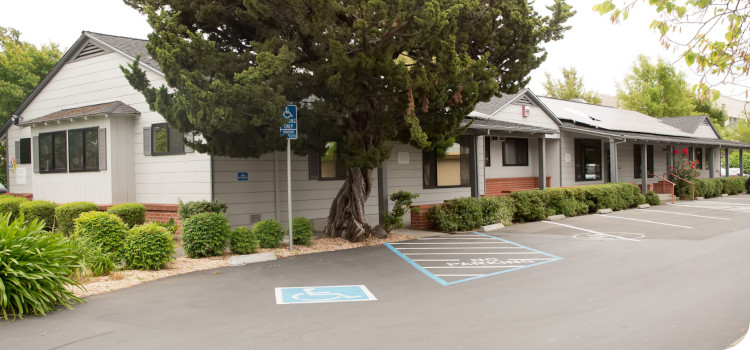 The concept of preserving your smile and oral health can seem simple on the surface, but what’s needed to accomplish it depends on several unique factors. For example, if you haven’t experienced any oral health concerns yet, then preserving your smile likely means avoiding any in the future. If you do have an existing concern, such as tooth loss, or a chronic oral health condition that consistently threatens your smile, then preserving it could mean more than just routine preventive efforts.
The concept of preserving your smile and oral health can seem simple on the surface, but what’s needed to accomplish it depends on several unique factors. For example, if you haven’t experienced any oral health concerns yet, then preserving your smile likely means avoiding any in the future. If you do have an existing concern, such as tooth loss, or a chronic oral health condition that consistently threatens your smile, then preserving it could mean more than just routine preventive efforts.
Preventing future problems
Prevention is the most common method of preserving healthy smiles, and because it means avoiding more serious oral health treatment, it’s often the most preferable. Most people are familiar with the basic concepts of preventive oral health care, including the importance of maintaining a good dental hygiene routine. The goal of good hygiene is to help you prevent oral bacteria from building up too excessively on your teeth and oral tissues, which could lead to several concerns such as chronic tooth infection (decay) and gum disease. By preventing this buildup, you can improve your chances of avoiding the need to restore your smile.
Addressing existing concerns
While many common oral health concerns are preventable, including those that can become severe, some are congenital (present since birth) or result from factors that are outside of your control. For example, if your jawbone didn’t form properly and symmetrically in your younger years, it may lead to multiple problems with your bite’s function, the integrity of your teeth and oral structures, and more. The same may be true for any damage to your oral or facial structures that you’ve sustained during accidental trauma. Developing a plan to correct the issue may be necessary for preserving the future of your oral health.
Managing chronic conditions
The nature of threats to your oral health can differ greatly, which is another significant factor in why smile preservation is different for everyone. For instance, some threats to your smile may involve conditions that can be corrected and forgotten, such as an asymmetrical jawbone. Others, however, may involve chronic threats to your smile that require more detailed oral pathology and ongoing maintenance to manage. This maintenance can become as important as your routine dental hygiene and preventive care, and will be necessary for preserving the rest of your healthy oral tissues and structures.
Learn how to preserve your smile better
Preserving your healthy, natural smile is more important than you may realize. Fortunately, it may also be easier than you expect. To learn more, or to schedule a consultation, call Santa Rosa Oral Surgery in Santa Rosa, CA, today at 707-545-4625.

